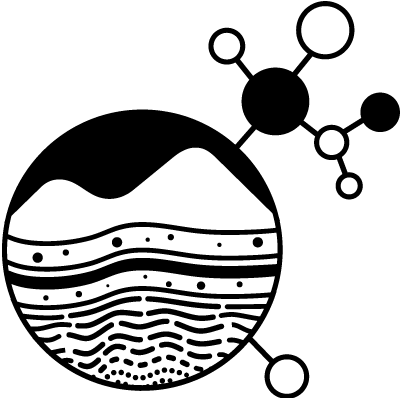SESAR 7.4.1 Released
July 2020.
SESAR version 7.4.1 is released
On July 27th, we released a new version of SESAR. The release includes new features, enhancements and improvements.
New features include adding JSON-LD to our sample profile pages and a new REST API. General enhancements and improvements include updates to our map search and minor bug fixes in our image upload tool and web services.
You can read the full list of new features and enhancements on the SESAR Release Notes page.
If you have any questions or comments, please contact info@geosamples.org.
MARS Group Awarded an ESIP FUNding Friday Mini-Grant
SESAR² Curator Sarah Ramdeen and Scripps Institution of Oceanography’s Geological Collections Manager Alex Hangsterfer were awarded an ESIP FUNding Friday mini-grant at this year’s ESIP Summer Meeting. The funds from the grant will be used to support MARS (Middleware for Assisting with the Registration of Samples), a software developed by Dr. Jim Bowring and his group of undergraduate students at the College of Charleston.
MARS is an open-source web application that streamlines the registration of samples in SESAR² to obtain IGSNs, i.e. globally unique identifiers, for the samples and make them Findable, Accessible, Interoperable, and Reusable (“FAIR”). The application allows investigators or sample curators to submit sample metadata to SESAR² using their own sample metadata files, rather than having to transfer sample metadata to the SESAR² batch registration template. MARS currently supports mapping of NOAA’s Index to Marine and Lacustrine Geological Samples (IMLGS) metadata to the SESAR² schema. Version 1 of MARS will be released in the coming months.
The MARS team is working to expand the functionality of the tool to allow any user to create a map between their preferred sample metadata format and SESAR²’s to broaden the utility of the tool beyond the marine and lacustrine sample community. The funding from ESIP will be used to support Dr. Bowring’s students as they continue this effort. At the ESIP Summer Meeting several sample repositories already expressed interest in adopting the tool.
Read more about the history of MARS and SESAR² here, and look for more updates in the coming months!

